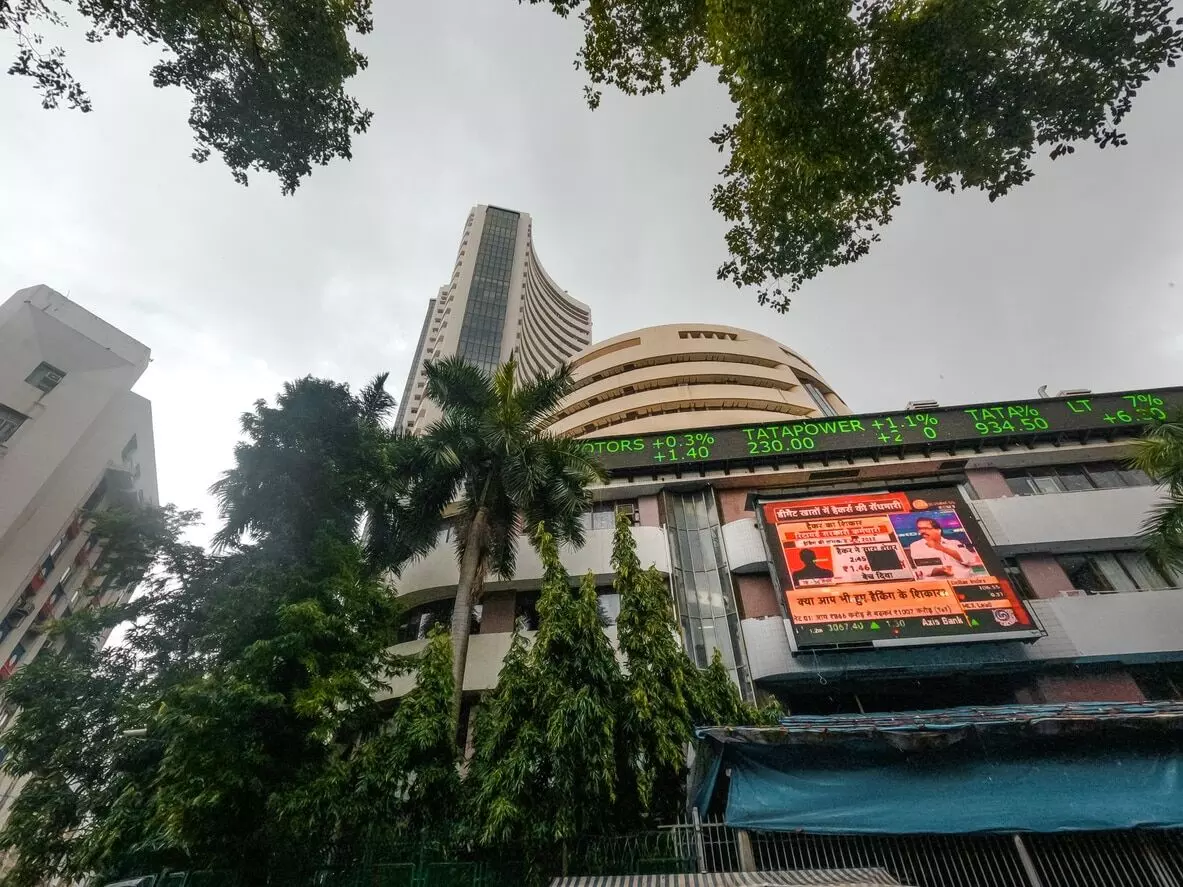Navigating Market Volatility: Insights on Sensex, Nifty, and Investment Strategies Amidst Geopolitical Tensions

As tensions rise between India and Pakistan, the Indian stock market is experiencing notable volatility, prominently reflected in indices like the Sensex and Nifty50. This turbulent landscape has investors concerned about potential impacts on share prices, including those of significant players like HAL and the broader market dynamics. In such uncertain times, understanding the market's behavior and identifying resilient sectors can be crucial for making informed investment decisions.
When geopolitical tensions heighten, markets often react with increased volatility. Recent events, such as India's Operation Sindoor and Pakistan's counteractions, have led to fluctuations in market indices. The Sensex dropped significantly but managed to recover some losses, indicating a complex interaction of investor sentiment and market fundamentals. For instance, despite initial declines, the Sensex stabilized at around 79,462 points, demonstrating the market's resilience amidst external pressures.
In this climate, certain sectors are proving to be more resilient. Experts suggest focusing on defense, FMCG, and telecommunications. Defense stocks like Hindustan Aeronautics Ltd. (HAL) and Bharat Electronics Ltd. (BEL) have been highlighted as potential winners, benefitting from increased government spending on national security. Additionally, as consumers continue to favor essential goods, FMCG companies such as Hindustan Unilever Ltd. remain attractive investment options due to their steady demand and robust brand loyalty.
Interestingly, foreign inflows into the Indian market have remained strong, with over Rs 2,000 crore entering the market recently. This influx indicates confidence among international investors and suggests that India’s fundamentals remain strong despite geopolitical challenges. As foreign institutional investors (FIIs) continue to back Indian equities, this could provide a buffer against domestic volatility.
Historically, Indian stock markets have shown a pattern of swift recovery following periods of geopolitical strife. Analysts believe that while the market may correct by 5-10%, the underlying strength of the economy often leads to a rebound. For example, during previous conflicts, sectors such as capital goods and banking have shown resilience, offering potential value picks for savvy investors looking for stability amid uncertainty.
Investors are advised to maintain a diversified portfolio, focusing on large-cap stocks from resilient sectors. This includes not only defense and FMCG but also banking stocks like HDFC Bank and ICICI Bank, which have proven to be stable during market fluctuations. Additionally, with the ongoing infrastructure push in India, capital goods companies like L&T are expected to thrive, making them worthwhile additions to an investment strategy.
In conclusion, while current geopolitical tensions have introduced volatility into the Indian stock market, there are still opportunities for informed investors. By focusing on resilient sectors, leveraging foreign investment trends, and considering historical recovery patterns, investors can navigate this complex landscape effectively. Now is the time to reassess portfolios and consider the potential of sectors that align with India's growth trajectory.
